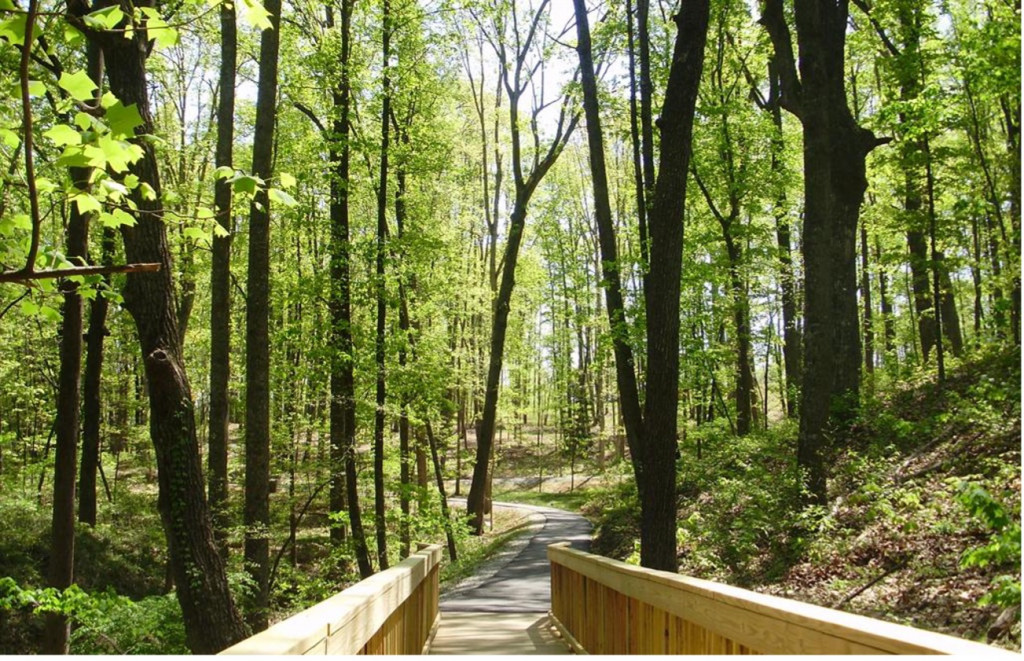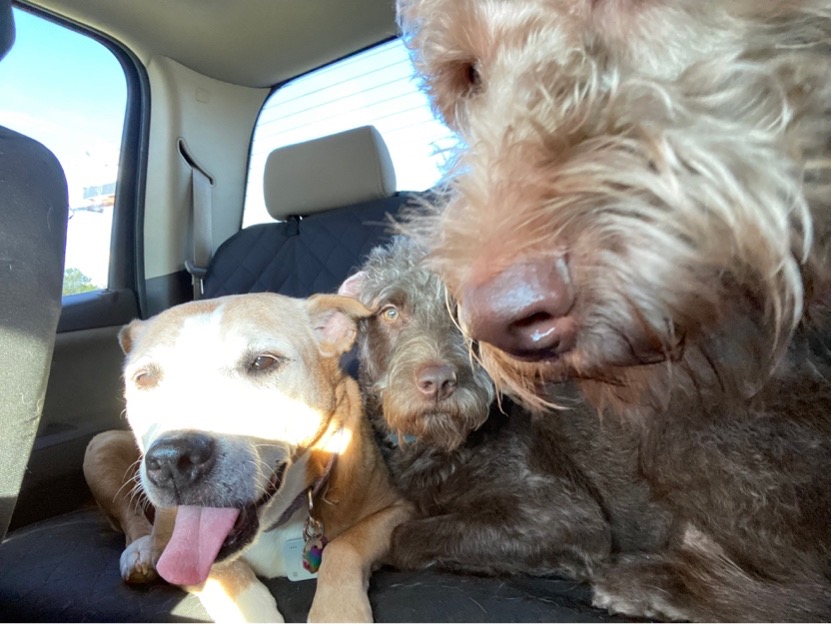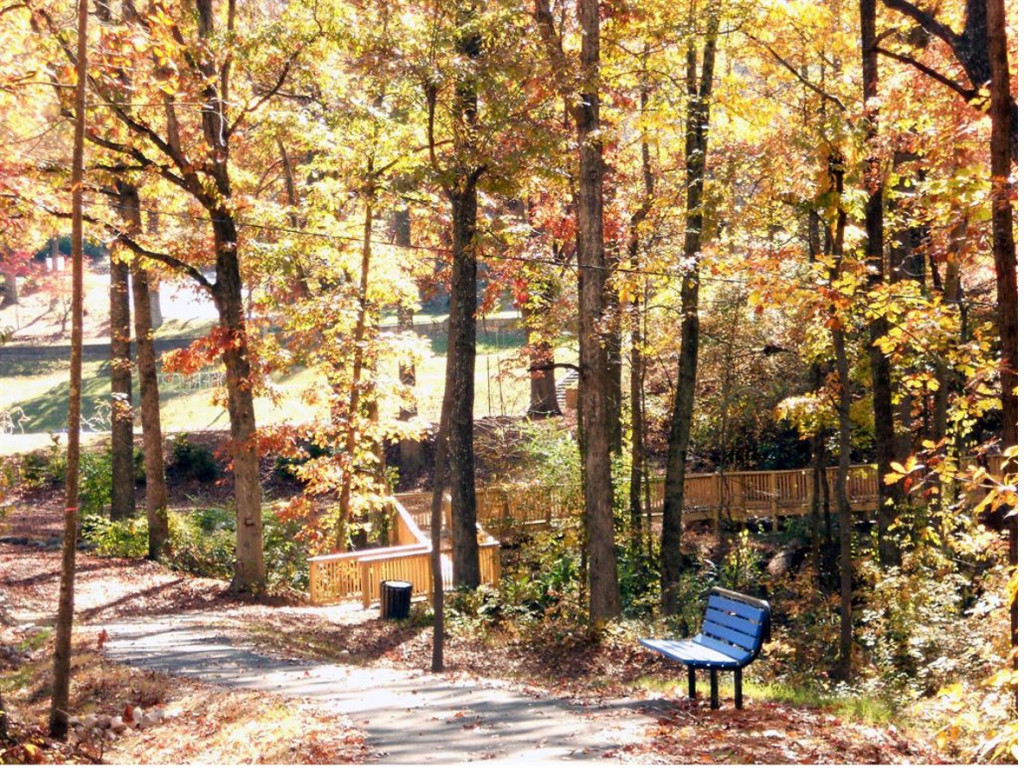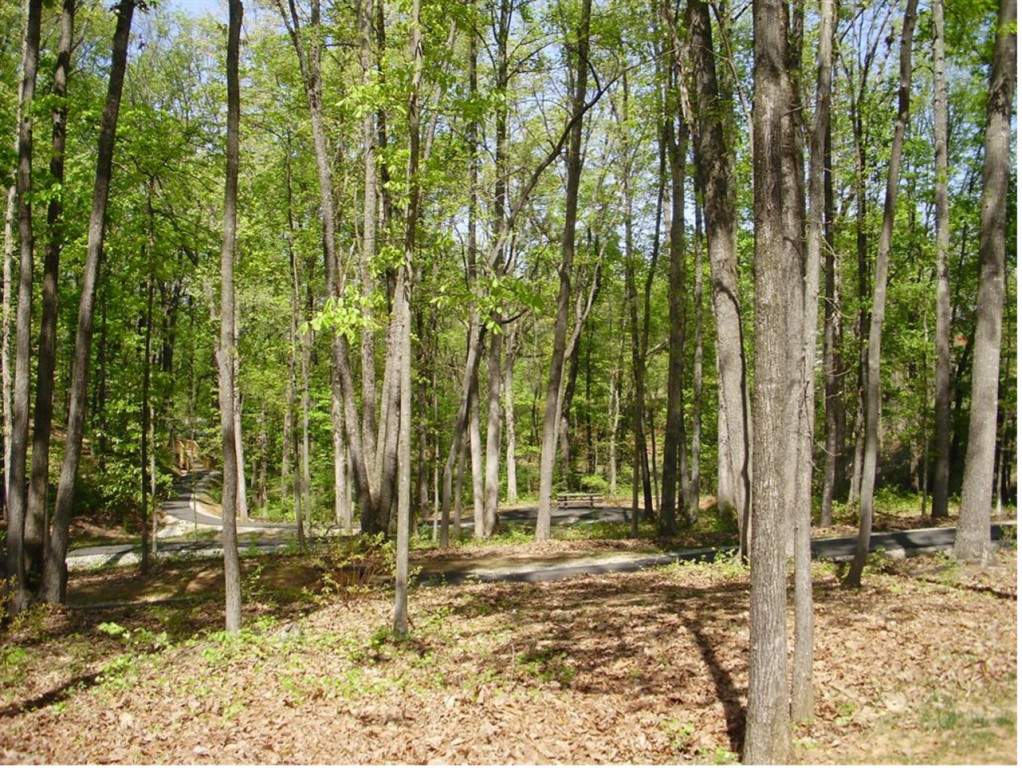
Hannah Woodward

Hannah Woodward
We’re in the car, driving. I’m crammed in the back seat with three big, dirty dogs and a smile on my face. Up front is my boyfriend and his mom.
We are on our way to a park in Cornelia, Georgia. We arrive and stumble out. It’s cool. Much cooler than Athens where I live. I hook the leashes on the dogs and get them ready to go.

There are three of them. Laney, a young, brown, curly haired dog with no manners and a nose for exploring places—and people. Lily, slightly older and brimming with confidence. She has curly, light brown, almost gray hair. She loves to pull and sniff and wants the attention of anyone walking by. Penny, the old lady of the pack, is small, stocky, and shy. She loves her sisters and will follow them anywhere, but she won’t make the first move. Penny has short, tan hair with a tuxedo white chest, a white stripe down her snout, and stinky breath. I hand the dogs leashes to my boyfriend one by one, and we are ready to go.
We always start our walks in the same place: By the dog park. All three of the dogs pull towards the poop bag dispenser and of course, the trash can. As every dog owner knows, they cannot help but pull you towards the dirtiest thing around.

As we walk by, I see multiple piles of forgotten feces just steps away from the trash and bag dispenser. I scoff and we continue our walk, dogs pulling us in every direction. We come across a small stream about one third into the walk where I see two more piles of “forgotten” feces – then Laney squats to poop. I begin to empathize a little more with the owners that had left their dogs’ “marks” behind, but I then begin to think about the impact of the forgotten feces.
My background is in ecology, so my mind immediately begins to imagine the impacts on not only this stream, but the environment around it too. I pick up Laney’s poop and take one for the team, continuing to pick up the other two piles and discarding them all in the appropriate disposal bins. As we got on with our walk, I was reminded of a program that was discussed in a lecture during my Freshwater Ecosystems course. It is called Enviro Pet Waste Network (EPWN), and it’s an entire program dedicated to reducing the impacts of pet waste on the environment.

According to EPWN, dog poop contains not only excess nutrients, but pathogens as well. When mixed with storm water, this can lead to the transmission of pathogens or nutrient deposition into our lakes, rivers, and streams. This deposition of excess nutrients, specifically nitrogen and phosphorus, can contribute to algae blooms in water bodies, which then leads to declines in biodiversity and the viability of the water and areas surrounding the water.
It’s another form of littering. If one person leaves their pet’s poop, it most likely will not cause a disturbance in the ecosystem, but when it happens over and over again, the ecosystem faces the consequences.
So from Laney, Lily, Penny, and I: Please pick up your pup’s poop!
For more information, please visit: https://epwn.org/information/environmental-impacts-of-dog-waste/